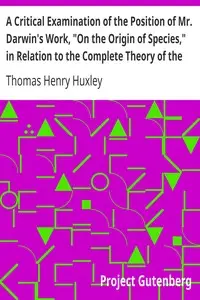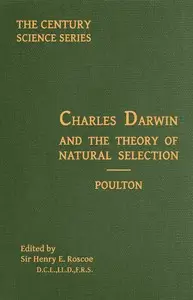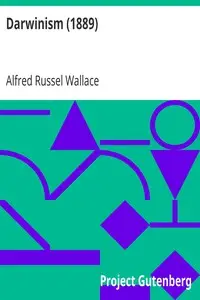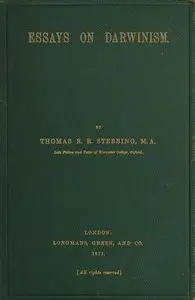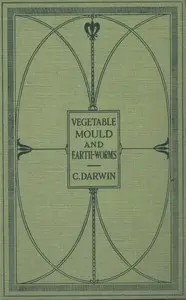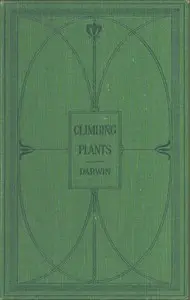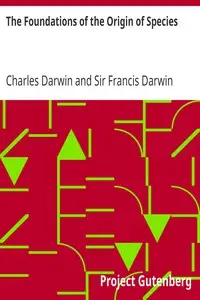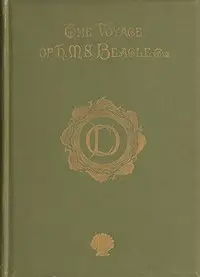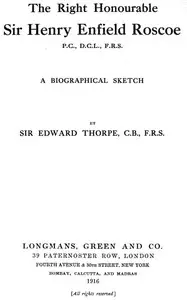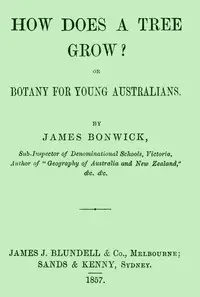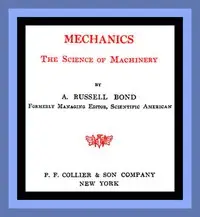"Darwinism Stated by Darwin Himself" by Charles Darwin is a collection of important excerpts from Darwin's work focused on communicating his theories of evolution and natural selection in his own voice. Created for those who don't know a lot about Darwin's research, the book makes his complex ideas easier to grasp. The beginning of the book explains that it's meant to clear up any confusion about Darwin's ideas by letting his writing speak for itself. The texts include Darwin's thoughts on how plants move and act, what worms do for the environment, and the rules that explain why animals and plants are so different; while the compiler recognizes this book is only a starting point, they hope it convinces readers to look more into Darwin's revolutionary findings.
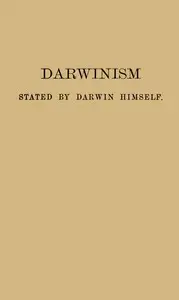
Darwinism stated by Darwin himself Characteristic passages from the writings of Charles Darwin
By Charles Darwin
Explore the groundbreaking theories of evolution and natural selection through the carefully chosen words of a transformative scientist.
Summary
About the AuthorCharles Robert Darwin was an English naturalist, geologist, and biologist, widely known for his contributions to evolutionary biology. His proposition that all species of life have descended from a common ancestor is now generally accepted and considered a fundamental scientific concept. In a joint publication with Alfred Russel Wallace, he introduced his scientific theory that this branching pattern of evolution resulted from a process he called natural selection, in which the struggle for existence has a similar effect to the artificial selection involved in selective breeding. Darwin has been described as one of the most influential figures in human history and was honoured by burial in Westminster Abbey.
Charles Robert Darwin was an English naturalist, geologist, and biologist, widely known for his contributions to evolutionary biology. His proposition that all species of life have descended from a common ancestor is now generally accepted and considered a fundamental scientific concept. In a joint publication with Alfred Russel Wallace, he introduced his scientific theory that this branching pattern of evolution resulted from a process he called natural selection, in which the struggle for existence has a similar effect to the artificial selection involved in selective breeding. Darwin has been described as one of the most influential figures in human history and was honoured by burial in Westminster Abbey.


